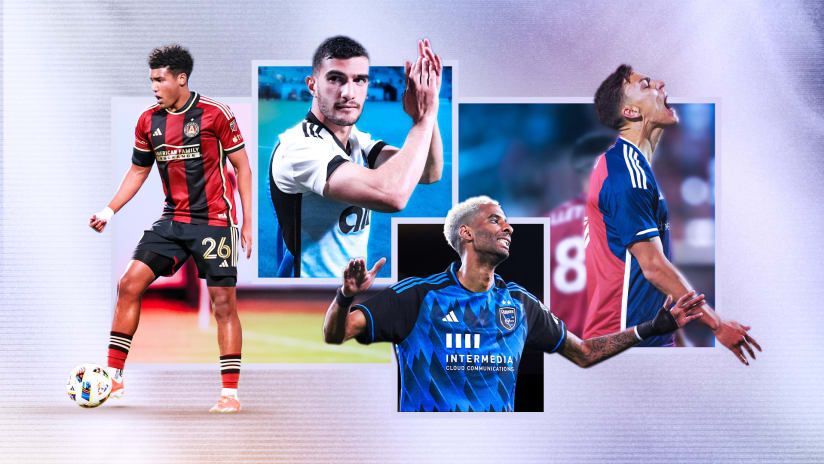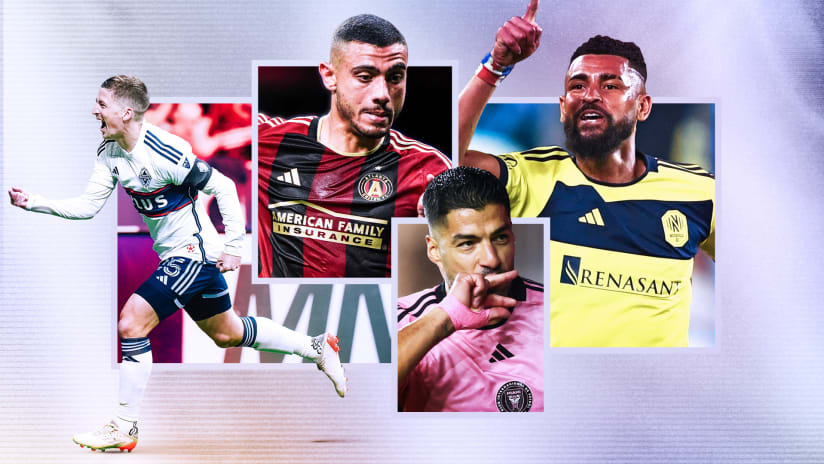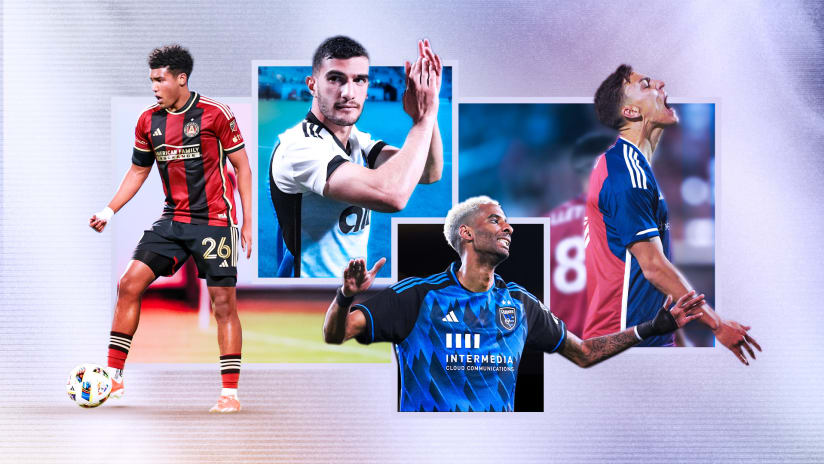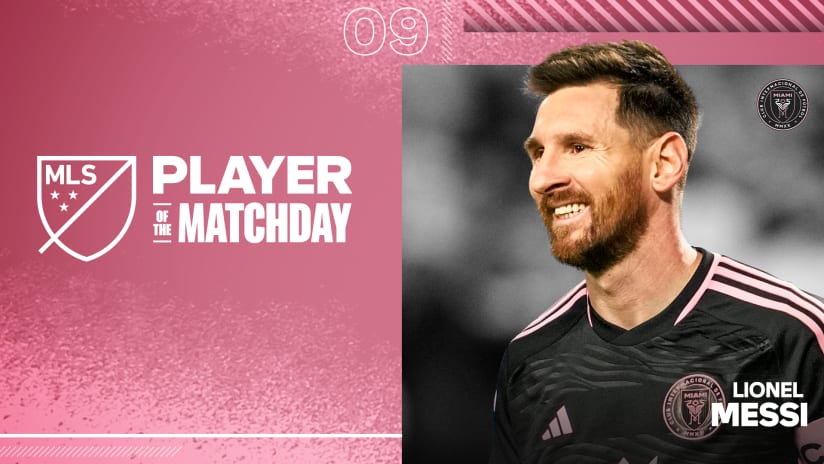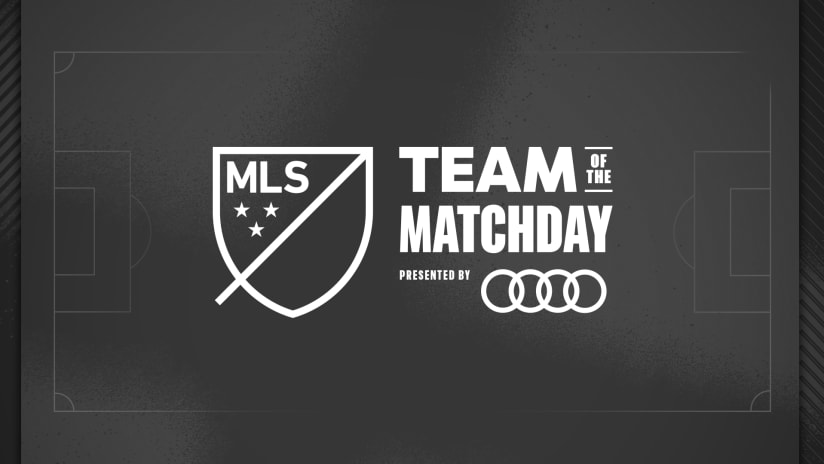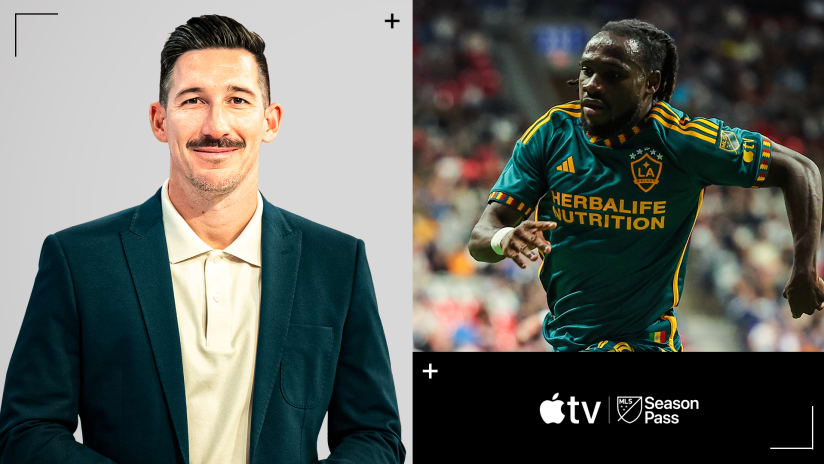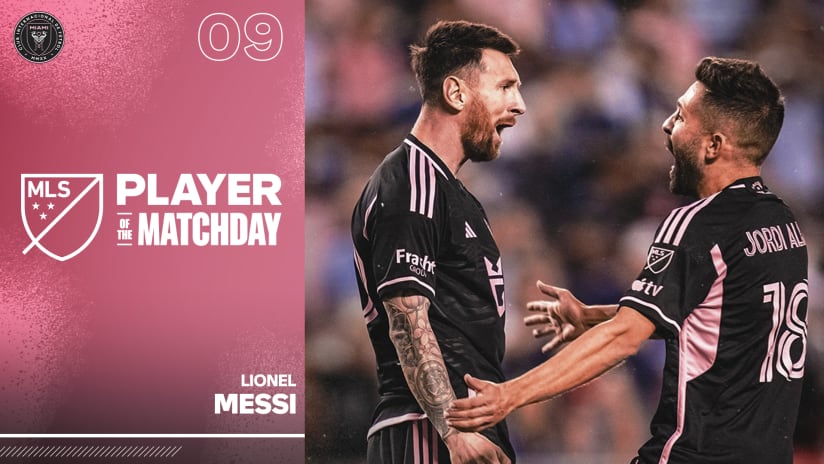MONTREAL – If it ain’t broken, don’t fix it.
The Montreal Impact’s approach last Tuesday at Pachuca yielded a 2-2 tie that puts them in a strong position going into Tuesday’s CONCACAF Champions League quarterfinal second leg.
Pachuca were looking to make the most of their home-field advantage, and Montreal were fully aware of that. The Impact soaked up pressure to counter, and they did it well.
And the best thing is they don’t need to alter their strategy all that much for the second leg at Olympic Stadium (8 pm ET; Fox Sports 2, Galavision, SportsNet One, TVA Sports). Even a low-scoring draw would get Montreal through to the semifinals against D.C. United or Alajuelense.
“I don’t think the approach changes at all, to be honest,” left back Donny Toia told reporters on Sunday. “We’ve got to have that mentality to stay together, stay compact. If we win the ball, we’ve got to keep the ball and move it to the outsides, play our outside mids – Dilly [Duka], [Dominic] Oduro, whoever’s out there – and basically counter when we can, because they’re a fast team. They like to hit those diagonal balls, and we’ve just got to be ready for them.”
Some tweaks may develop naturally, especially in the early going. More than 30,000 fans will attend the game, and the Impact will be eager to please as they look to forget a last-place 2014 season. Observers may see a more fast-paced, attack-minded Impact in the immediate aftermath after kick off.
But after that, said midfielder Nigel Reo-Coker, Montreal can “calm the game down.”
“There’s a respect level now in football at the highest level where teams will have possession, and for us, it’s getting that across to this team that it’s okay for them to have possession,” Reo-Coker said. “They can get 30, 40 passes in front of us, as long as they’re not scoring goals and breaking us down. We have to be able to defend. Defending is an art.”
Control of space will be key. Pachuca typically work the flanks, and there’s no reason to believe they’ll switch their approach, either. On the wide Big O artificial field, the kind of gaps that Pachuca enjoy exploiting may open.
“We’ve just got to watch those diagonal balls that come across, be aware of them a little bit earlier,” Toia said. “But it’s turf. It might move a little bit. It might not. It just depends on what that day looks like, I guess. But it’s the same mindset. Keep them in front and defend how I was taught to defend.”


